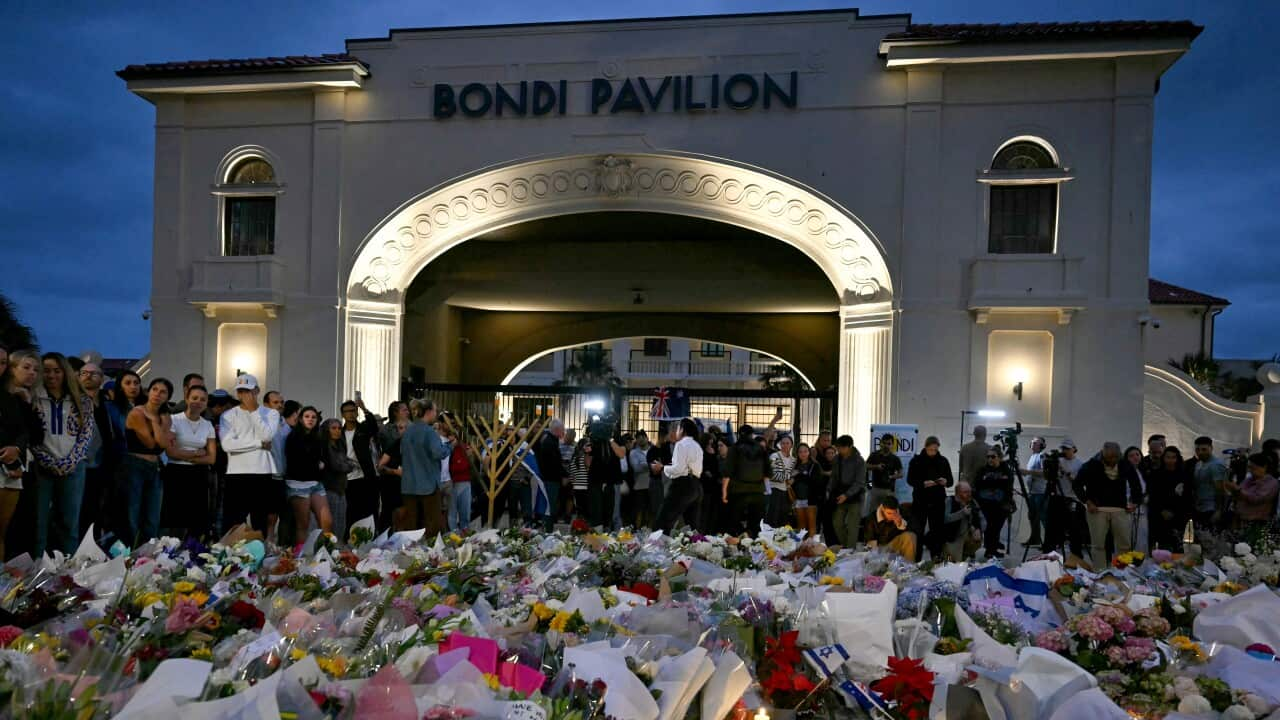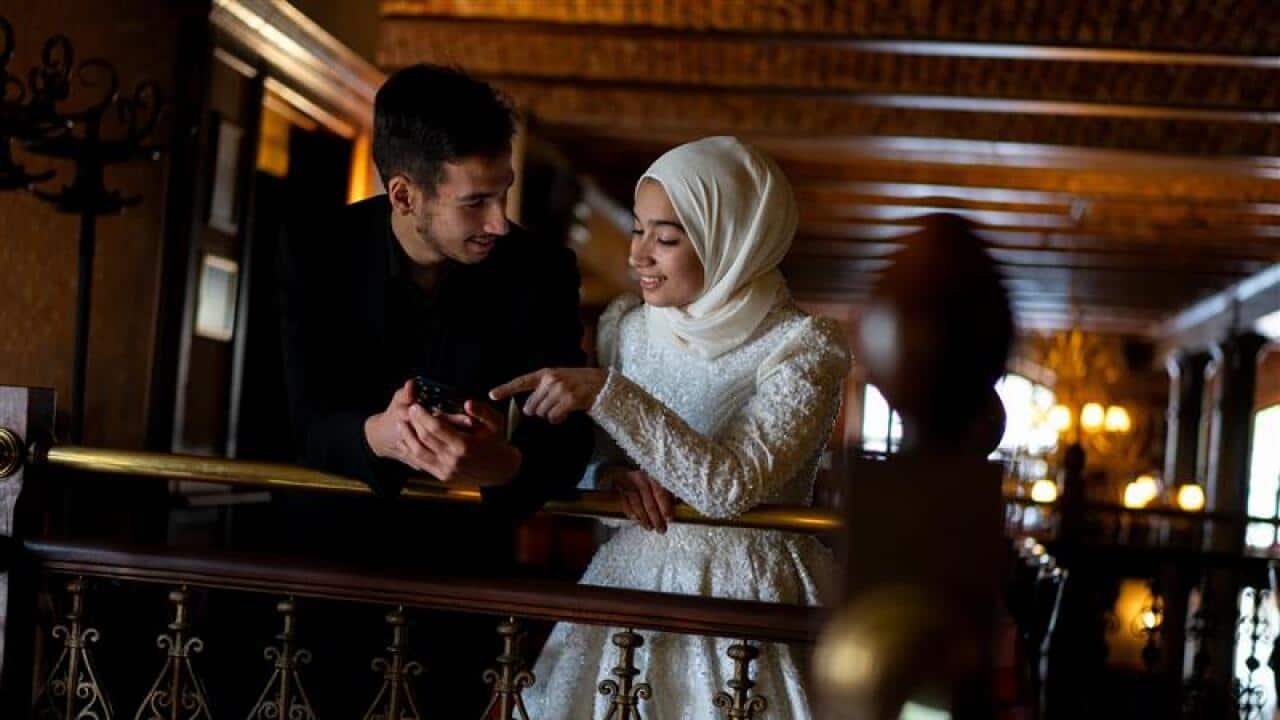On a mild day in mid-October, 2019, dozens of migrant families gathered in a municipality building in Merrylands, a culturally-diverse suburb in Sydney’s west.
These families had overcome many obstacles over several years to get to this point. They were there to take the oath and become Australian citizens.
For Egyptian attendees Mohamed Zahran, his wife Amal and their daughter, Talin, the day marked the start of their new life in Australia.
Mr Zahran arrived in Australia in 2011 and settled in Sydney, where he worked as an information technology specialist, and like tens of thousands of other migrants, he waited several years to receive his citizenship.

He chose Australia because he knew that his profession was highly regarded, and as a computer science specialist, he placed value on acquiring work experience and new skills.
In the weeks following the ceremony, the new citizen has met regularly with a number of friends, to speak about immigration matters. As one of the elders in his circle of friends, he speaks about his experiences in obtaining citizenship.
Also in the circle is his friend Mohamed Mohamed, an Egyptian, who is currently in the process of becoming an Australian citizen.
Mr Mohamed moved to Australia in 2015 with his wife Rana, and in December he successfully passed the country’s nationality test. But despite his success in testing, he is waiting for further information on whether he will receive citizenship.
Despite holding permanent residency, he says citizenship will give him a greater sense of stability.
As part of Australia’s citizenship process, migrants are required to adhere to a number of protocols, to prove that they are of good character.
They are also required to count the number of days that they travel outside of the country. If it’s deemed by government agents that they had travelled outside of Australia for too long, they may have their citizenship halted.
“I want to feel that Australia is my home country. I want to stop trying hard to prove that I am a good citizen,” he said.
“I want to have the freedom of leaving and travelling at any time without counting the days.”
Furthermore, he is concerned that the federal government may move the goalposts by introducing laws before he’s considered for citizenship.
His main concern is that laws could be introduced to extend the period of permanent residency required before an applicant is eligible for citizenship.
As he waits, he also reflects on the information he has attained while studying for the nationality test, such as, "the transfer of power between the three sections of the executive, legislative and judiciary authorities, and also the duties and rights that I have”.
Should he finally receive the news he’s been waiting for, he’s “extremely eager” to participate in the electoral process.
"I do not agree with the current government and the way it operates, and there are other parties that I think are better for society."
Mr Mohamed says becoming a citizen will also allow him to run for his local council.

‘Discriminatory’
Mr Zahran recently voted in the federal election for the first time. A huge factor in his view of politics relates to how aspiring citizens are treated during the process. He believes the federal government's citizenship policy is “discriminatory”.
“I see people who receive citizenship quickly and others from certain countries that go through numerous checks. I understand that a security inquiry is required, but it is illogical for some to wait three years.”
Mr Zahran now dedicates a lot of his free time assisting refugees in his western Sydney community.
One of the rights granted to Australian citizens is a passport that is considered to be among the most powerful in the world.
On a recent trip to Egypt, Mr Zahran and his family were able to enter the United Arab Emirates without obtaining visas.
Obtaining an entry visa for the UAE is not easy for people from Middle Eastern countries, but with an Australian passport, they gained entry without a fuss.
"We stopped in Dubai, which is the first time I used a passport, no one asked us about the reason for entry nor did they ask us for a visa, we were not subjected to any of the situations I was previously exposed to before obtaining the Australian passport."






